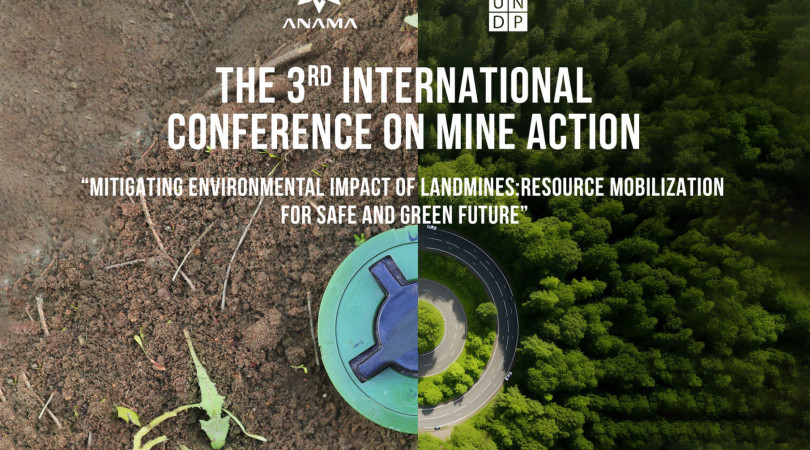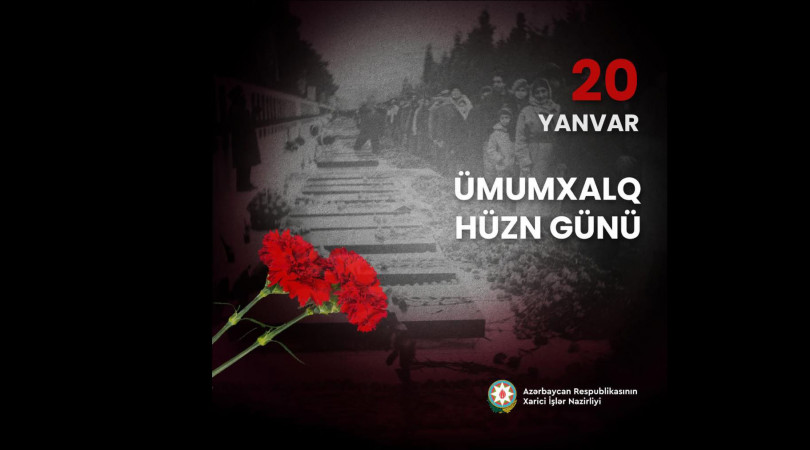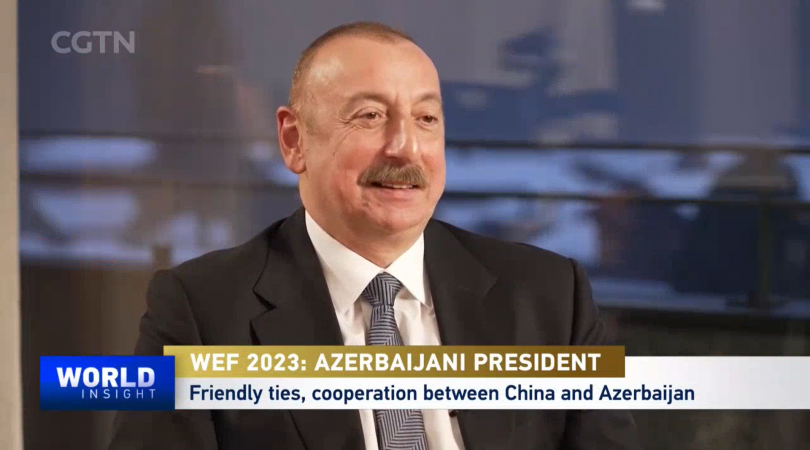For more than 20 years as a native Azerbaijani lands, Nagorno-Karabakh and surrounding areas are occupied by Armenia.
Mediation efforts to resolve the conflict by peaceful means do not lead to result. Defying the international community, Armenia ignores all conventional international law, as well as 4 UN Security Council resolutions which provide for the immediate withdrawal of all occupying forces from the occupied territories of Azerbaijan. As a result of occupation of Azerbaijani lands, more than 1 million Azerbaijanis became refugees and internal displaced persons. People driven from their land in the 1990s, is now under 60, 70 and 80 years old. Time is running out and is not possible to visit the graves of their parents and ancestors. That’s why the Azerbaijani side was proposed, which is a fundamental condition for peace-establish direct contact of Azerbaijani and Armenian communities of Nagorno- Karabakh and to ensure trust between people. In this context, visiting places of worship would be the action of contributing to the emergence of greatest trust between people.
One of the most important religious rituals, according to the traditions of the Azerbaijani people, is to visit the graves of their parents, ancestors buried tombs and mausoleums and other sacred places.
Just as the Christian church, a Buddhist temple for the Chinese and synagogue for the Jews are considered holy places, as well and a mosque for Muslims is the home of an important religious expression. Therefore, the ability to pray in mosques, where he once prayed for their fathers and grandfathers who were expelled from Armenia and the occupied territories would be invaluable to them.
More recently, in the Turkish media was reported that in August this year, the Armenians in religious ceremonies –baptized in the Church of Akhtamar island province of Van.
There is a fair puzzled on why the Armenians, being able to carry out their religious rights in the Church of Van, do not create the same conditions of worship for the Azerbaijanis, who were expelled from their lands, in holy places, Armenian-occupied territories of Azerbaijan and finally in Armenia.
Respect for the religious feelings of the believer builds trust between people, which would be a solid foundation for the development of future relations.
Why not create the possibility of Azerbaijanis living in Armenia before the conflict in Nagorno-Karabakh, pray during Ramadan and Gurban holidays in the Blue Mosque in Yerevan, built by order of Husein Ali Khan? Or, in the Mosque Govhar-Aga in Shusha and in the Mosque Juma in Agdam?
It is safe to say that in Azerbaijan for centuries lived as one family peoples belonging to different cultures. Azerbaijan is a multi-ethnic and multi-religious country where equal rights exercised by representatives all regions. Multiculturalism-has respect for other peoples. And today, the independent Azerbaijan is committed to these traditions.
The process of building trust and public diplomacy are important to the resolution of any conflict.
We hope that the world’s states, including China, which is a permanent member of the UN Security Council and an elected member of the Human Rights Council at the United Nations, will make efforts to provide assistance to Azerbaijani refugees to visit holy places and the graves of their loved ones.


















